Please join us April 13th, 2022 at Noon to discuss the podcast: An episode of 10% Happier featuring Emily and Amelia Nagoski. If you are unable to listen to the podcast (1 hour and 13 minutes) but would like to join in the conversation, you are welcome!
Our discussion will be led by Saint Mary’s University’s Marina Rosenthal, PhD. Marina a licensed psychologist and assistant professor in our Psy.D. program.
Link to listen to podcast: https://www.tenpercent.com/podcast-ep…
Zoom link to join the discussion: https://smumn.zoom.us/j/87129410234?pwd=bThJZUdYQ0laK0p4Mm80SXZCQmhMdz09
This podcast explores the elements of burnout and offers tangible strategies to remedy burnout by completing the stress cycle.
- Emily and Amelia share the three elements of burnout. Depersonalization, or decreased investment in your work, where you try to get emotional distance from your work. Decreased sense of accomplishment, feeling like you are working harder but accomplishing less. And emotional exhaustion, when emotions are not able to cycle through a beginning, middle, and an end. Many stressors in our modern world are particularly conducive to burnout. What features of life in higher education are particularly likely to spark burnout in our community?
- Another focus of the podcast is the difference between stress and stressors, with stress being the physiological experience and stressors being the external factors causing the stress. And they highlight that even when stressors are removed (for example, a situation with a student has been resolved, grading is over, a difficult meeting concluded), we may not feel relief, because the stress has not yet been addressed. What stressors cause the most stress in your life (at work or beyond)? What gets in the way of completing the stress cycle for you?
- They also discuss a concept called “human giver syndrome” in which some people are societally expected to enhance the lives and wellbeing of others, without being seen as fully human themselves. Many in academia may relate to the concept of human giver syndrome, as it is common among helping and service professions. Does this resonate for you? Where is the line between service and self-sacrifice?
- The podcast offers many different evidence-based ways to complete the stress cycle (exercise, sleep, imagination, creative self-expression, connection). Are these types of activities integrated into your life? If not, what would it look like to integrate stress cycle completion into daily life?

